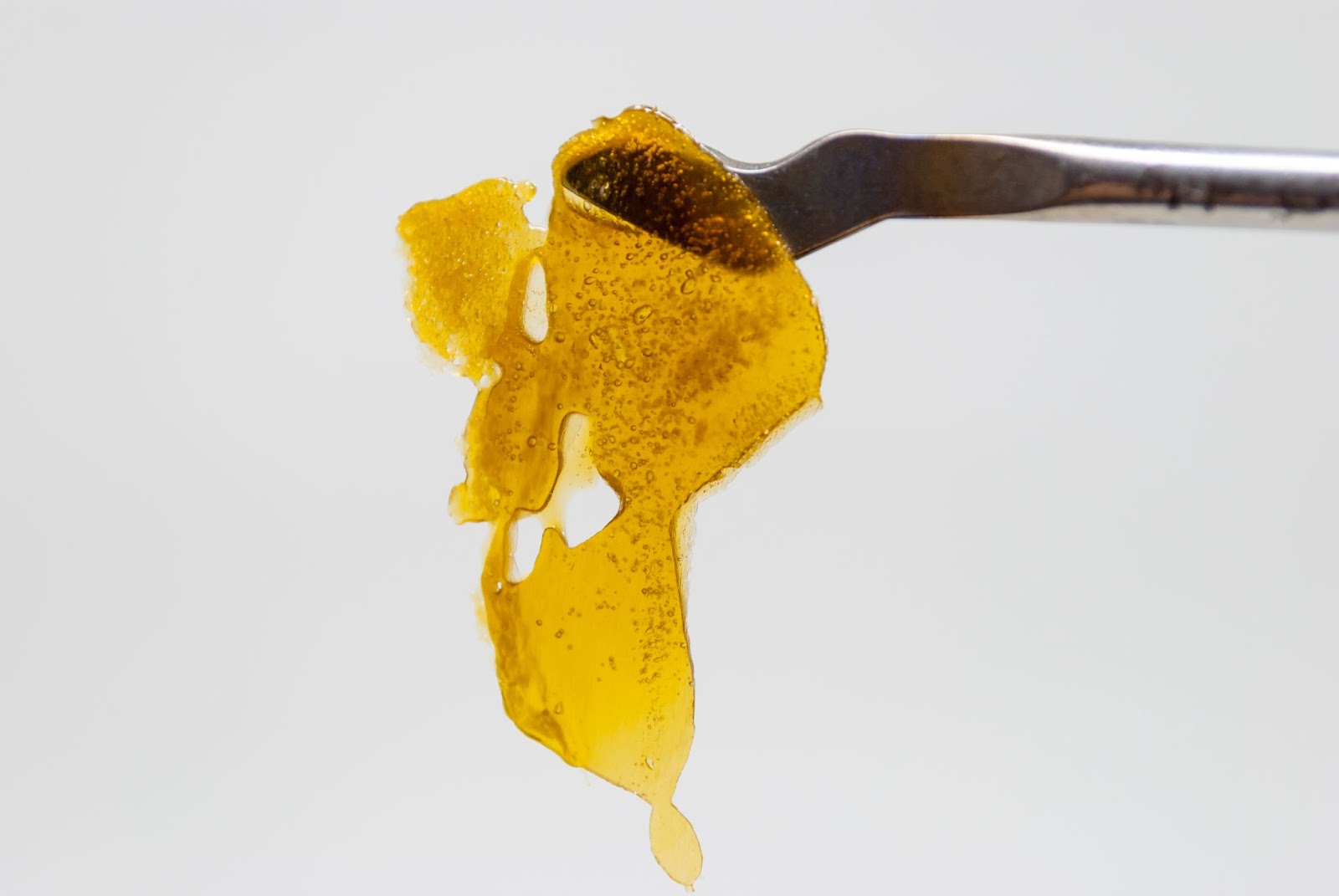
Concentrates have become one of the most popular sectors of the cannabis industry. With its growth also comes new emerging extraction methods. One of the latest and most sought-after is rosin. This solventless method is known to be one of the purest forms of concentrates, and it’s so simple you can even make it at home.
What is it?
Rosin is a concentrate made by applying heat and pressure to the marijuana flower. This process squeezes out a translucent resinous sap, which can then be smoked or dabbed. One reason it has gained notoriety is that it’s a solventless technique, meaning the extraction process does not require chemicals. Instead, it uses low temperatures and high pressure, meaning it can even be DIY’d. Because of the sheer simplicity, it has allowed cannabis enthusiasts with no chemistry or botanical background to try it out for themselves with minimal risk. However, some people still prefer to purchase it from dispensaries for consistency and convenience.
Making rosin is a fast process compared to other extraction methods. Unlike Butane Hash Oil (BHO), it does not require a vacuum oven to purge residual solvents. With butane and ethanol extractions, even with the purging process, it can still contain residual chemicals. Rosin is guaranteed to be solventless. When made properly, it can also retain just as high-quality of a terpene profile as BHO.
What is live rosin?
The difference between rosin and live rosin refers to the type of flower used during the extraction process. Rosin uses dried flower, kief, or hash. On the other hand, live rosin is extracted from fresh or frozen flower that’s never been cured or dried. Concentrate connoisseurs claim the fresh cannabis retains the highest-quality terpene profile and delivers a clean smoking experience. Visually, live rosin has an opaque, waxy appearance, while rosin is translucent and sap-like.
Resin vs. Rosin
Cannabis terminology can get confusing, especially when there’s only a single letter difference. So to clear up any confusion, here’s a simple breakdown of the definitions:
Live resin: Refers to a solvent-based extraction method where fresh cannabis is frozen before and throughout the extraction process. This keeps the complete terpene profile intact, making the user better able to experience the aroma and flavor.
Live rosin: Refers to a solvent-free extraction process using fresh or frozen cannabis. Pressure and low heat are applied to squeeze out a concentrate that can then be smoked. Like live resin, concentrate fans believe this process delivers the highest potency while still maintaining its full terpene profile.
The primary difference between the two is the use of solvents.
Resin: Refers to the sticky compounds secreted by plants. In cannabis, the resin comes from the trichomes and contains a high level of the plant’s terpenes and cannabinoids.
Rosin: Refers to a solventless concentrate made by combining heat and pressure to squeeze the resinous sap out of the flower. It is made using dried flower, kief, or hash.
One occurs naturally, while the other must undergo a mechanical process.
How to smoke it
The most popular way to smoke rosin is in a dab rig. However, it can also be smoked in a glass bowl, joint, or vape pen made for concentrates. A little goes a long way, so remember to smoke responsibly. Start with a small dose and work your way up.
Want to give it a try? We have a variety of rosin products. Check out our full menu for flower, edibles, and more. If you have any additional questions, please feel free to contact us online.